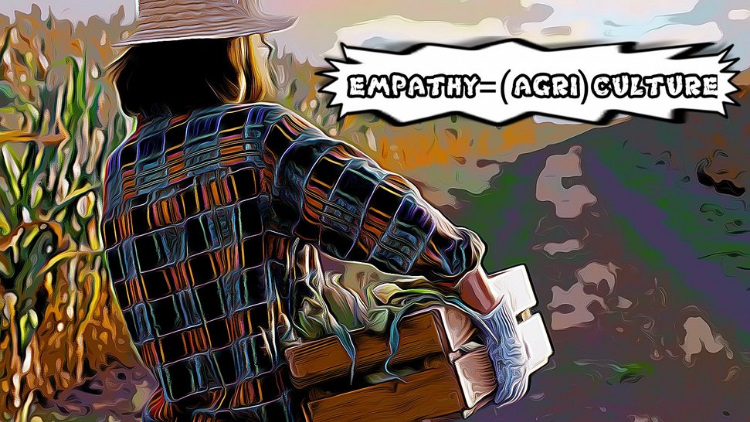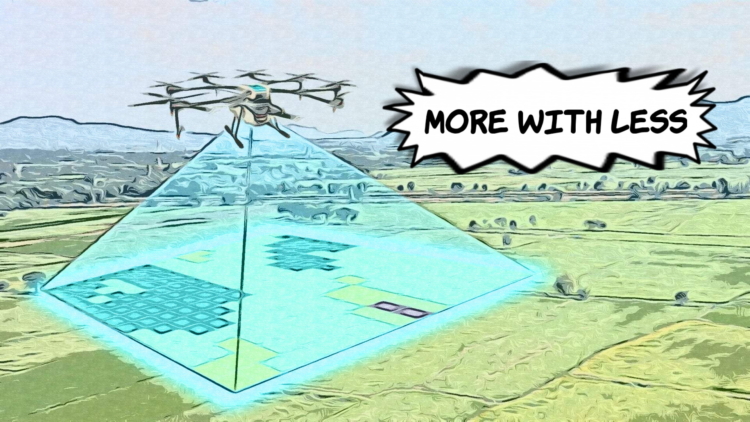Agriculture, Culture and Climate Change Can sustainable agriculture scale?
With more young people entering the field and more farmland rental options for those unable to buy, the opportunity to collaborate for collective change stronger than ever and many first-time farmers are embracing the regenerative promise of restoring a broken agricultural system and helping consumers understand the meaning and implications of these ‘new’ practices.
Managing in the midst of global uncertainty and minimize the fallout if not considering seriously the climate change, traditional planning and established strategies are not enough and, in essence, the reality of the 20th century is under fire in the 21st. In life, for instance, very few things are more valuable than water but why wait to understand the effects of climate change when it will be too late for everyone, and the price of water reaches or even surpasses that of oil?
We must respond with foresight, intelligence and, above all…EMPATHY!
The more divided the world becomes, the more we need culturally and emotionally intelligent leaders in agricultural arena able to build bridges of understanding and navigate the complexities of the increasingly role of Agri-Food industry in a polarized world of climate change.
Acknowledge of the challenge and act by optimising to its peak the social responsibility of individuals who are in the sector will maximise lifespan and save money and peace of mind in the long run.
Responsibility and ownership should lay everywhere in the sector.
The climate challenges blending with the societal problems we’re facing today require creativity and imagination; they’re neither unsolvable nor someone else’s responsibility. We must view them as part of our jobs and apply our utmost energies to overcoming them.
We have the moral duty to apply the triple bottom line concept in our business that posits firms should commit to measuring their social and environmental impact—in addition to their financial performance—rather than solely focusing on generating profit, or the standard “bottom line.” It can be broken down into “three Ps”: profit, people, and the planet.
Agriculture, which today is a sector that significantly affects climate change, will have to clash with itself in the near future in order to be the locomotive which minimizes the impact that climate change brings to the population and contribute catalytically to a better world.
Climate change is a reality that requires a new holistic design of the way of life and nutrition of societies so, if you do not have billions to travel in space with Jeff Bezos or Elon Musk and then to residence there, better you should not only observe but intervene and change problematic practices instead.
We have to adapt to huge changes; we are forced to radically change the way we grow land. The eyes of all future generations are upon us and will not let us get away with this. Right here, right now is where we draw the line whether we like it or not.
How will this be done? The word culture is contained in the word agri-culture.
That’s exactly where the solution is.



